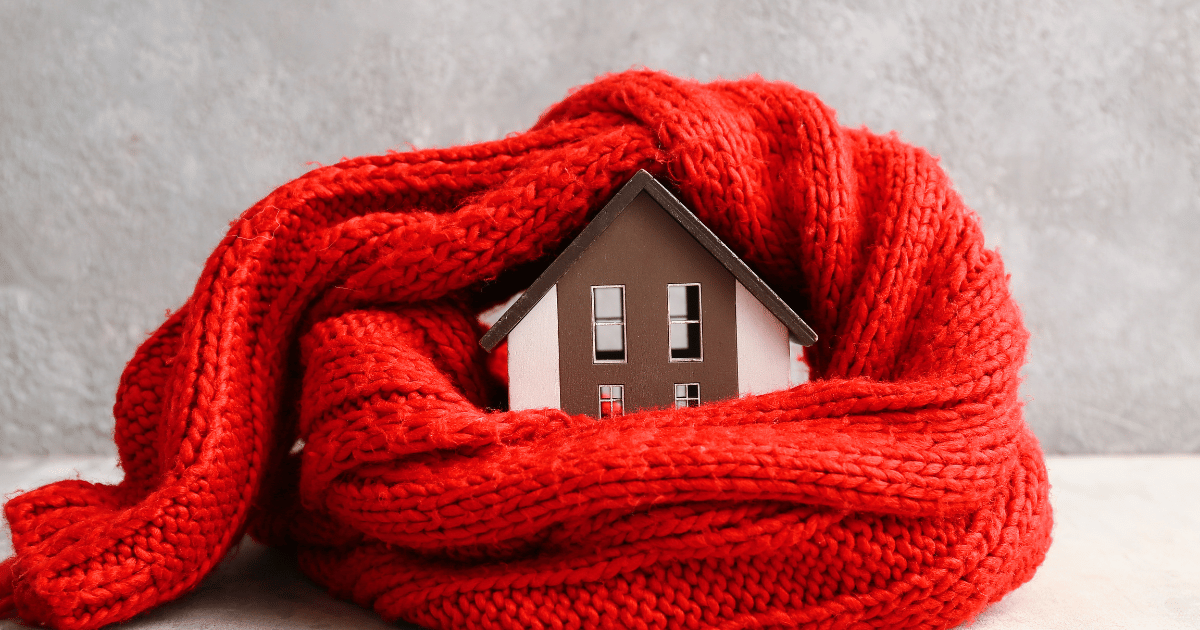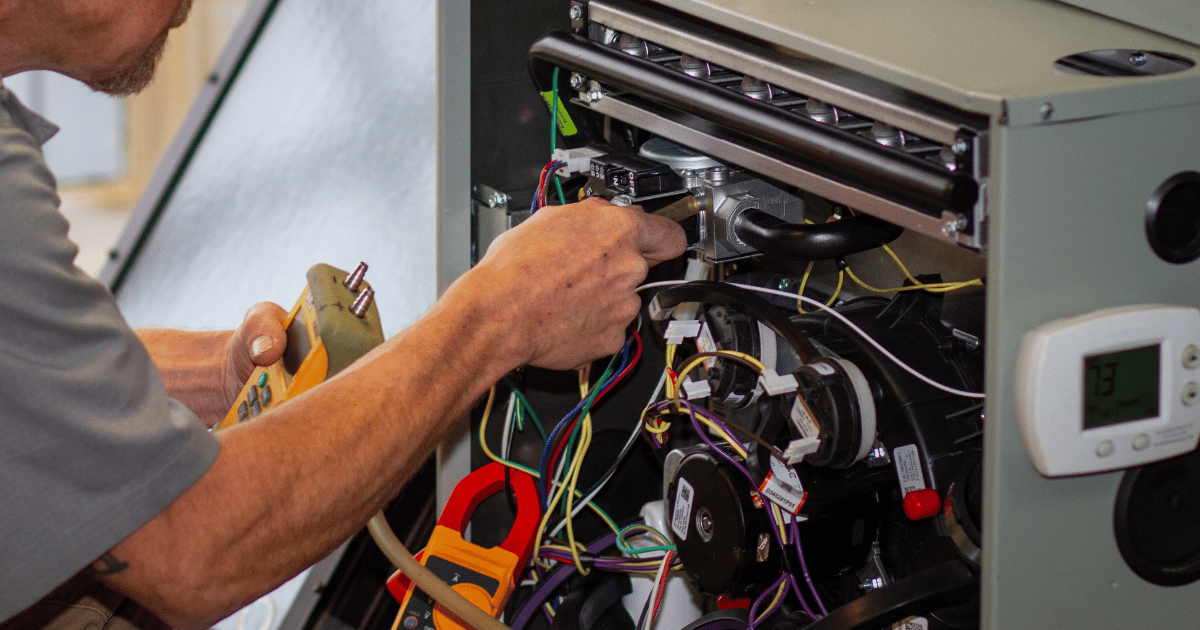Most homeowners are familiar with traditional heating and cooling systems like furnaces, air conditioners, and heat pumps. But another option that’s been around for decades is ground-source HVAC systems. While the concept might seem complicated, this technology is one of the most energy-efficient ways to maintain indoor comfort.
At C-U Trade Services, we specialize in these high-efficiency heating and cooling systems, along with a full range of HVAC solutions. If you’ve never considered this option or you’re wondering whether it’s worth the investment, this guide will break down the basics.
How Geothermal Heating and Cooling Works
Unlike conventional HVAC systems, which rely on outside air, geothermal systems utilize stable underground temperatures to maintain comfort in your home. A few feet below the surface, the ground remains at a consistent temperature year-round—cooler than summer air and warmer than winter air.
A geothermal heat pump takes advantage of this stable underground temperature using a series of buried pipes called a loop system. Inside the loop, a special fluid circulates, absorbing heat from the earth and transferring it indoors during the winter. In the summer, the system reverses, removing heat from your home and sending it underground, keeping your space cool.
Because geothermal systems move heat rather than generate it, they use far less energy than traditional HVAC systems. This efficiency translates into lower energy bills, reduced carbon emissions, and long-term savings for homeowners.
Why More Homeowners Are Choosing Geothermal Systems
Geothermal technology has been around for decades, but more homeowners are switching to it due to rising energy costs and increased interest in sustainable solutions. Here’s why geothermal systems are gaining popularity:
Energy Savings That Add Up
One of the most significant advantages of geothermal heating and cooling is its efficiency. Geothermal heat pumps use up to 50% less energy than traditional HVAC systems. Since they rely on the earth’s natural heat rather than burning fuel, they can significantly lower heating and cooling costs over time. While the initial installation cost is higher, many homeowners see a return on investment within a few years through lower monthly energy bills.
Year-Round Comfort in Any Weather
Traditional heat pumps and air conditioners must work harder when outdoor temperatures reach extremes. Geothermal systems don’t have this problem. Since they rely on underground temperatures, which remain steady throughout the year, they can deliver consistent heating and cooling, regardless of season. This means better indoor comfort and no struggles with inefficient heating on the coldest winter nights or ineffective cooling during heat waves.
A Longer-Lasting HVAC System
Conventional furnaces and air conditioners typically last 10 to 15 years before needing replacement. In contrast, a geothermal heat pump can last 20-25 years, and the underground loop system can remain functional for 50 years or more with minimal maintenance. This extended lifespan makes geothermal a smart long-term investment for homeowners who want to avoid frequent HVAC replacements.
Reduced Maintenance and Repairs
With fewer moving parts and no outdoor condenser unit exposed to weather, geothermal systems require less maintenance and fewer repairs than conventional heating and cooling systems. Regular system checkups remain important, but homeowners often find that geothermal units experience fewer breakdowns and lower maintenance costs over time.
Environmentally Friendly Heating and Cooling
Geothermal HVAC systems don’t burn fossil fuels, making them one of the most sustainable heating and cooling options. They reduce carbon emissions, lower energy consumption, and help homeowners shrink their environmental footprint. Geothermal energy is one of the best options for improving energy efficiency and making your home greener.
Is Geothermal Right for Your Home?
While these systems offer numerous benefits, they may not be ideal for every home. Here are a few factors to consider before making the switch:
- Upfront Investment – these systems cost more to install than traditional HVAC, but many homeowners see a return on investment through energy savings, tax incentives, and fewer repair costs.
- Property Space – The installation process requires underground pipes, which means your yard must have enough space for a horizontal or vertical loop system. A professional assessment can determine which option works best.
- Installation Expertise – Geothermal heating and cooling requires professional installation to ensure the system is designed correctly for your home’s needs. At C-U Trade Services, our team has the experience to evaluate your property and recommend the best setup.
C-U Trade Services: Your Local HVAC Experts
If you’re considering geothermal heating and cooling, our team at C-U Trade Services can guide you through the process. We offer expert installation, repair, and maintenance, along with a full range of HVAC services, including:
- Air conditioning installation and repairs
- Furnace installation and repairs
- Ductwork and ventilation solutions
- Air quality solutions and purifiers
- Humidifier and dehumidifier installations
- Smart thermostat installations
- Preventative maintenance and tune-ups
- Emergency HVAC services




